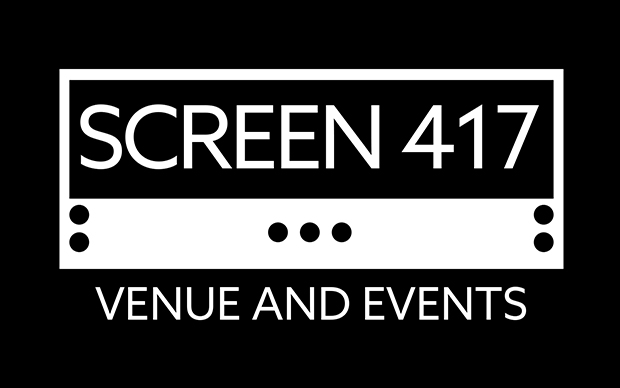
I often feel on the brink of collapse under the pressure for perfection as a woman, a wife, and a mother. The expectations I put on myself to be perfect at it all leaves my head spinning and me running in circles. Exhausted at the end of each day and feeling as though every task has come short of my full commitment, I crave the feeling of success that comes with a job truly well done.
I am not entirely sure if my angst is rooted in a fear of letting down others or letting down myself. One thing is apparent, every day is a struggle; a scramble to the top of a mountain whose peak is always out of reach; the house is never clean enough, my children always desire more attention, and all my projects collect dust in various stages of incompletion. Adding insult to injury, everywhere I look I see women successfully living their lives; effortlessly fulfilled. I feel the urge to vomit as I realize I’m not sure when the last time I shaved my legs was, let alone work a chapter re-write in my unfinished book, or pair-up the clean socks in the laundry basket.
I can’t do it all. There, I said it. There is no way I can live up to my own expectations of perfection. I must de-prioritize something if I am ever to feel satisfied. Knowing prioritization as the keystone of time management, initially, this seems counterproductive; but I consider the trade-offs; less guilt, less burnout, better relationships, and fluid short-term goals. Why have I not done this before?
De-prioritizing items from a to-do list is the strategic process of removing things that no longer carry the same importance as they once did. It allows you to set your pace and be deliberate in how you do spend or do not spend your time. For all my fellow multi-taskers out there, this is agony. Yet in the long run, proven to be a much more successful approach to managing a heavy workload. Question is, how do you know if you have prioritized the right work? Here are a few warning signs that the wrong items are getting your attention.
When everything on your task list feels like it is urgent and must be done now, chances are you are prioritizing only the projects with short deadlines. On a larger scope these tasks may or may not actually carry the highest importance. Take a minute to de-prioritize all but the most important items- simplify your effort to make the largest impact.
If your to-do lists continue to get longer throughout the day, yet you always feel busy; it is likely there is no clear process for changing priorities. This can apply to both personal and professional goals. Where long term goals are often rigid throughout the scope of your projects, it is important to keep short term goals fluid. They should adapt to meet the needs of the most important tasks not necessarily the most immediate.
If at the end of the day you find yourself questioning what it was you did for eight hours, it is possible that you are unclear of the value of each task you set yourself to. If one invests in low value work, feeling accomplished is hard to achieve. Be sure you understand the significance of each task you put before you.
I am guilty of each one of these pitfalls, and in doing so my to-do lists manage me, not the other way around. My image of perfection as being able to accomplish everything — every day — is a lie. I find that my most rewarding creative work gets pushed to the last of my priorities, and I cringe every time an excuse spills from my lips for not finishing a piece of fiction writing I shelved over a year ago.
By intentionally de-prioritizing errands certain days of the week, I give myself permission to let go of the guilt. I began prioritizing the work that carries the most value for myself and my family. It is okay if the socks stay in the basket today, or if the kids have scheduled independent playtime. I am happier, feel less burned out, and can take pride in re-working that writing project I have missed so much.
There is incredible pressure to get on top. Top of the list. Top of your class. Top of your game. The perpetual drive toward standout excellence in all aspects of your professional and personal life is as unsustainable as it is reckless, with burnout an inevitability. I say ditch perfectionism and embrace the set of trade-offs that come with intentional de-prioritization.











